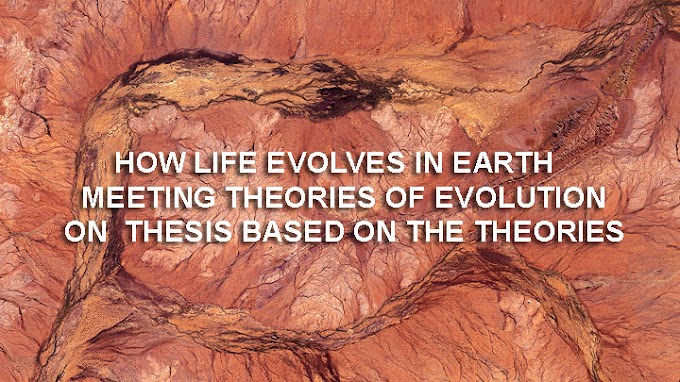Scientists Invented Mutant enzyme Which Can Eat Plastic
Scientist has accidentally invented the mutant enzyme which can eat plastic. This can help world for recycling plastic and reducing pollution.The new analysis was spurred by the invention in 2016 of the discovery bacteria that had naturally evolved to eat plastic. Scientists have currently disclosed the elaborate structure of the crucial enzyme produced by the bug.The international team then tweaked the enzyme to ascertain how it had evolved, but tests showed they'd unwittingly created the molecule even better at breaking down the PET (polyethylene terephthalate) plastic used for soft drink bottles. “What truly turned out was we improved the enzyme, that was a trifle of a shock,” said prof John McGeehan, at the University of Portsmouth, UK, WHO led the research. “It’s great and a true finding.”
The mutant enzyme takes a few days to begin breaking down the plastic – far quicker than the centuries it takes within the oceans. however the researchers are optimistic this may be accelerated even more and become a viable large-scale method.
“What we tend to hope to try and do is use this enzyme to turn this plastic back to its original parts, therefore we will virtually recycle it back to plastic,” said McGeehan. “It suggests that we won’t have to be compelled to find any more oil and, basically, it should reduce the number of plastic within the environment.”
About 1m plastic bottles are sold-out every minute around the globe and, with just 14 July recycled, several end up within the oceans where they have polluted even the remotest elements, harming marine life and doubtless people who eat seafood. “It is improbably proof against degradation. a number of those pictures are horrific,” said McGeehan. “It is one of these marvel materials that has been created a little bit too well.”
However, currently even those bottles that are recycled can solely be turned into opaque fibres for wear or carpets. The new enzyme indicates a way to recycle clear plastic bottles back to clear plastic bottles, that might slash the requirement to supply new plastic.
:-Some ways to recycle plastic
- Plastics should be sorted for recycling, that adds effort and expense. Plastics, or polymers, are comprised of enormous molecules, therefore most do not combine once heated, just like the interaction between oil and water. analysis is concentrated on finding substances that may facilitate the blending of various kinds of plastics, called compatibilizers, permitting them to be recycled along. Finding a compatibilizer that works for all polymers would be ideal, however Robertson same current technology needs a tailored approach for every plastic mixture.
- Chemical recycling included using a catalyst to interrupt down plastics to produce lower-molecular-weight merchandise, a method the researchers say has been hindered by high energy prices. Work to develop a lot of economical catalysts is current.
- The majority of plastics currently recycled are composed of polyethylene terephthalate (PET), which is the component used in most water bottles, and polyethylene, the most highly produced plastic. Expanding recycling technologies to other plastics beyond PET and polyethylene is an ongoing area of research. Even more challenging is developing methods for recycling polymers that can't be processed through melting at elevated temperatures, such as thermosets and elastomers (rubber materials).














0 Comments